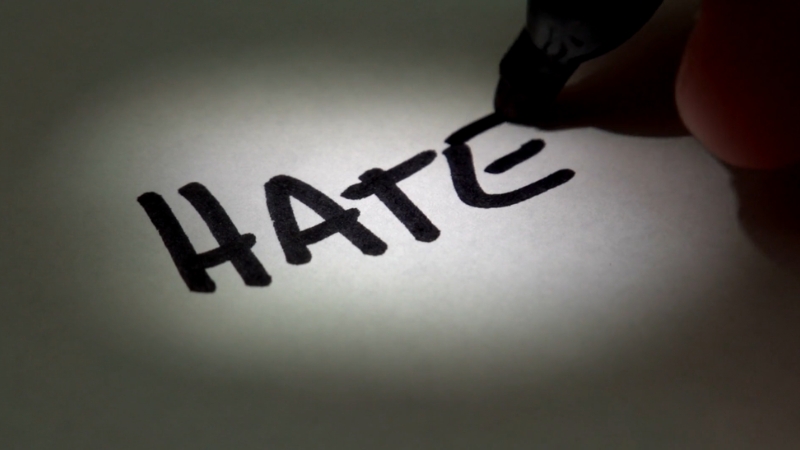Words: We use them every day, but some of them? They make us squirm.
We’re not talking about words like “taxes,” “chores,” or “Monday.” No, those are disliked because of what they represent.
What we’re diving into here is something more instinctual, more visceral. These are the words that give people the creeps, make them gag, or just give off a weird, uncomfortable vibe — even if the meaning is totally harmless.
Studies show that a surprising number of people react negatively to certain words — not because they’re offensive or taboo, but simply because of how they sound or what they suggest. The phenomenon is known as word aversion, and it’s very real.
What Is Word Aversion?

Word aversion is a strong dislike or even physical repulsion toward specific words. It’s not about their meaning, but more about the way they sound, look or feel when spoken. This phenomenon has actually been studied by psychologists and linguists, who have tried to figure out why certain words cause such discomfort.
According to NPR, which studied this concept with over 2,500 participants, words like “moist” topped the charts of hated terms. He believes the reason might be the association these words have with bodily functions or textures that we find gross.
Meanwhile, others argue it’s all about sound. Professor Jason Riggle and neuroscientist David Eagleman suggest that the phonetic makeup of words — the consonant clusters, harsh vowels, or awkward rhythm — can trigger unpleasant reactions. The truth is probably somewhere in between: sound and association working together to make our skin crawl.
The Top Most-Hated Words (and Why People Cringe When They Hear Them)
Here’s a rundown of the most disliked words in the English language, with a little context for each. Some are gross, others are weird, and a few might even surprise you.
1. Moist
The queen of hated words. Alone, it evokes squishy textures, clammy skin, or bathroom humidity. While “moist cake” sounds delicious, “moist socks” is just… ew.
2. Phlegm
Thick, sticky mucus lodged in your throat? No, thank you. Even the spelling looks gross.
3. Pustule
Sounds like something out of a dermatology horror story — and that’s basically what it is. A word that feels icky in every possible way.
4. Mucus
Like “phlegm,” this one refers to bodily gunk. It doesn’t roll off the tongue nicely either — it kind of sticks there.
5. Vomit
Even saying it makes you imagine it — the sight, the smell, the texture. It’s hard to separate this word from the act.
6. Panties
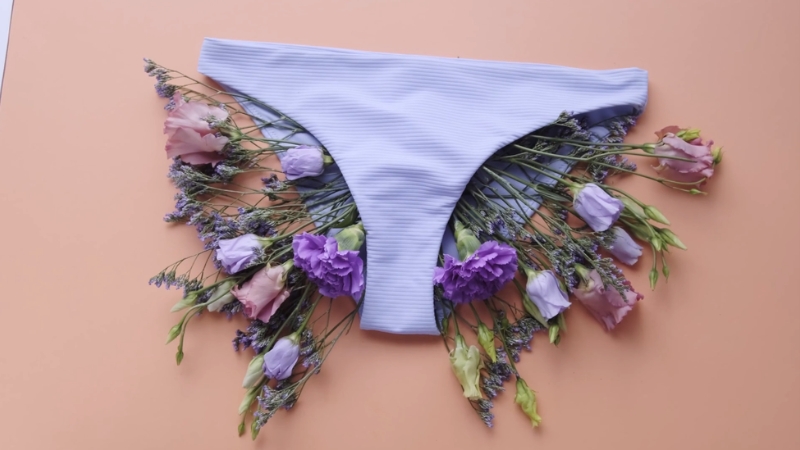
This one’s surprisingly controversial. Many people find it overly sexualized and infantilizing.
7. Slacks
Outdated, frumpy, and weirdly clinical. It’s the fashion equivalent of saying “blouse” or “trousers” — but worse.
8. Secrete
To “release” something doesn’t sound so bad. But to secrete it? Gross. This word is often tied to fluids, which adds to the yuck.
9. Ointment
Goopy and medicinal. It’s the sound and the association that make this one land on the hated list.
10. Chunky
Whether you’re talking about soup or… something else, “chunky” implies thickness, clumps, and an unpleasant texture.
11. Maggot
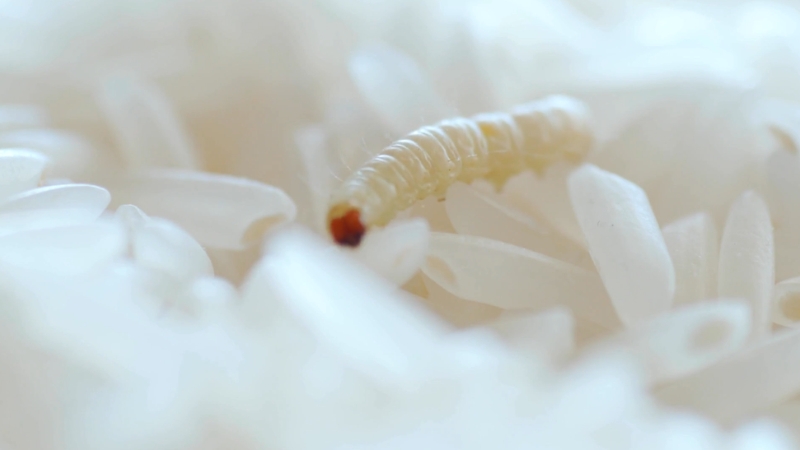
Crawling, squirming, and usually found in rotting things. Enough said.
12. Bulbous
It’s oddly descriptive — and not in a flattering way. Think: noses, growths, weird plants.
13. Curd
As in cottage cheese. Many find it unappetizing, partly due to texture and partly because of the dry, harsh sound.
14. Dripping
Wet, oozy, slow. Depending on context, it could be sensual or stomach-turning — and most people lean toward the latter.
15. Gurgle
This one straddles the line between cute baby sounds and unsettling bodily noises. Often associated with throats and drains.
16. Yolk
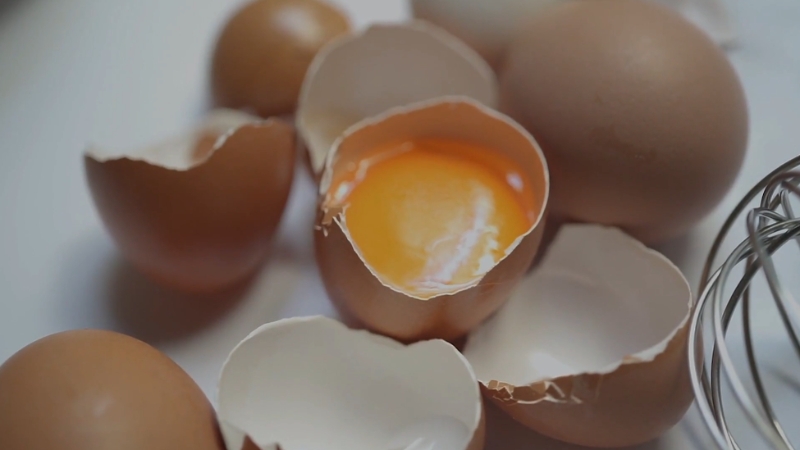
It might just be part of an egg, but something about the way it looks, sounds, and feels makes “yolk” kind of gross to many.
17. Crevice
Narrow, tight, dark — and usually damp. This word often feels invasive or claustrophobic.
18. Renal
A clinical, cold term referring to the kidneys. Anything medical-sounding often gives people the creeps.
19. Giblets
A word that refers to bird organs you either cook with or remove entirely. Either way, no thanks.
20. Doily
Not disgusting — just weird. It feels outdated and fussy, like something you’d find under a glass bowl of hard candy at your grandma’s.
21. Flaccid
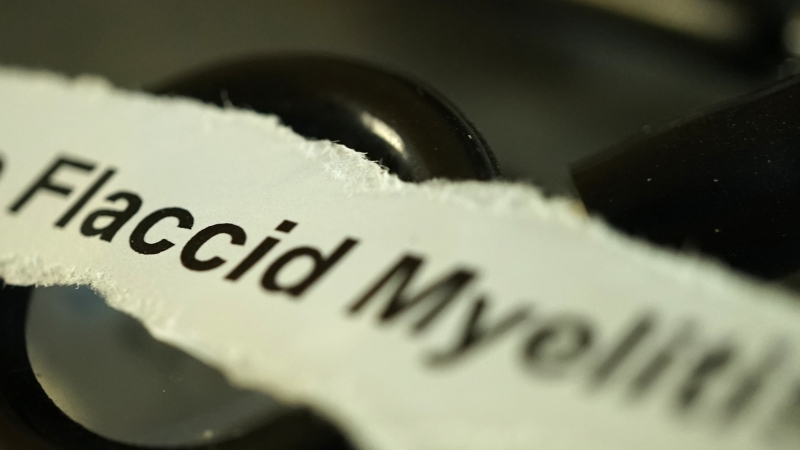
Whether it’s used in medical, personal, or casual contexts, this word tends to make people uncomfortable.
22. Smear
It implies something messy, unpleasant, and often bodily. You almost never hear “smear” in a good way.
23. Squirt
Sudden, messy, and way too graphic. “Squirt” feels more like a sound effect than a word.
24. Secretion
Almost always used in relation to fluids — and never the kind you want to think about at dinner.
25. Ululate
Unfamiliar and phonetically awkward. It means a loud, high-pitched cry or wail — often used in ceremonial or grief contexts.
26. Gushing
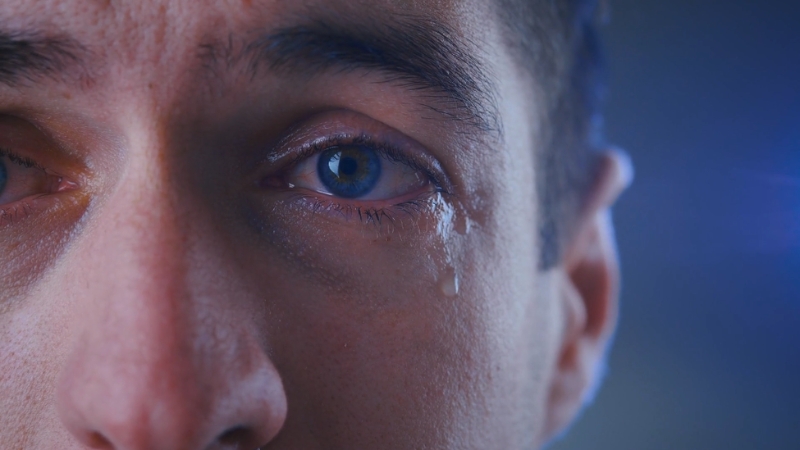
Whether it’s tears, blood, or affection, “gushing” feels excessive and kind of overwhelming.
27. Tender
This one surprises people. It’s not always hated, but when used in certain emotional or bodily contexts, it can feel too soft, too vulnerable, or even creepy.
28. Bap
A British term for a soft bread roll — but to some, it just sounds wrong. Some even associate it with slang or odd textures.
29. Discharge
Another word that sounds purely medical or military. When used in a health context, it’s nearly always unpleasant.
30. Damp
Clammy, slightly wet, and uncomfortable. “Damp” sounds like something you want to dry off immediately.
31. Tofu
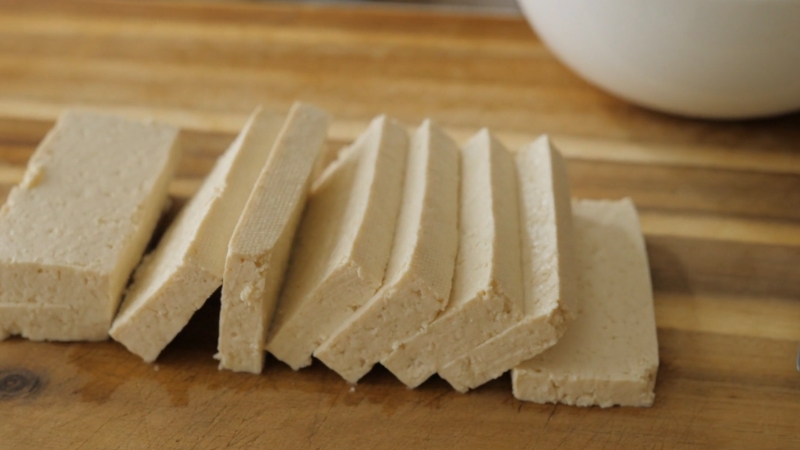
Not because of what it is, but how it feels and the way the word lands.
32. Slurp
Whether you’re sipping soup or noodles, this word sounds like the action itself — and most people find that slurping noise nasty.
33. Munch
It’s supposed to be about eating, but something about the word “munch” feels oddly childish and gross when said out loud.
34. Clogged
Whether it’s a pipe, an artery, or a nose — this word is the enemy of flow. People dislike the heavy, stuck feeling it implies.
35. Lugubrious
Long, gloomy, and theatrical. While not disgusting, it’s often hated for how unnecessarily dramatic it sounds.
36. Fester
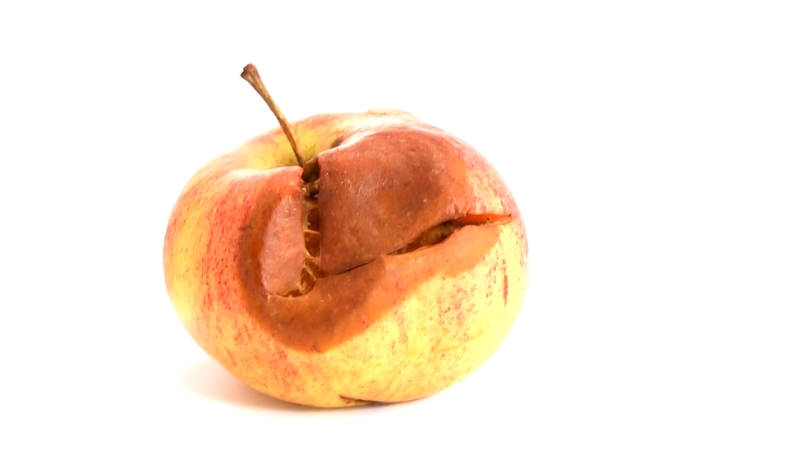
To rot, to decay, to get worse over time. “Fester” just feels like infection and bad vibes.
37. Scrape
There’s a tactile discomfort that comes with this word. It makes people think of nails on a chalkboard or skin against concrete.
38. Viscous
Thick, sticky, and slow-moving. The word is often used in scientific or gross contexts — think mucus or syrup gone bad.
39. Foetus (or Fetus)
A biological term, yes — but it makes people uneasy, especially in medical or ethical discussions.
40. Trump
For some, it’s politically triggering. No matter your views, this word has been heavily loaded with emotion and controversy.F
Bonus Round
@thereal_eloisegagnon These words are annoying and irritating! Avoid them as much as possible if you want a better outcome. “They’re just words” Yes and according to research these are the most annoying words you can use in a conversation. So when you’re trying to get a specific outcome, or get someone to agree with you or take action. Or maybe you’re trying to give feedback in a way that resonates with the other person. Avoid these words. In previous videos I shared with you how you can improve your communication skills by journaling and learning more words. This is where that comes in handy. The more words you know, the more likely you can avoid these annoying words. What the your thoughts on this? #communication #peopleskills #softskills #leadership #leadershipdevelopment #leadershipskills #executive #executivepresence #management ♬ original sound – thereal_eloisegagnon
There are plenty of other cringe-worthy words that make people feel just plain grossed out. Here are a few honorable (or dishonorable?) mentions:
- Pus – Viscous, infected, and usually yellow. There’s no upside here.
- Orifice – A clinical way to say “hole” — but somehow far more disturbing.
- Yeast – Common in baking and infections. One of those words with split personalities.
- Crust – OK in pizza, but in other contexts? Not so pleasant.
So… Why Do We Hate These Words So Much?
It comes down to a mix of sound, texture, and associations. Many of these words:
Word aversion is subjective, sure — but it’s also surprisingly common. Your hated word might be someone else’s favorite.
For example, some people find “moist” delicious when paired with cake or brownies, while others feel physically uncomfortable just hearing it.
Can This Knowledge Be Useful?

Absolutely! In fields like marketing, branding, and communications, knowing which words to avoid (and why) can make a real difference.
A single cringe-inducing word in an ad, email, or product description can kill the vibe instantly. Likewise, using softer or more euphemistic alternatives can enhance the tone and appeal of your message.
In fiction and creative writing, these words can also be used intentionally — to gross out, shock, or immerse a reader. Just know your audience.
Final Thoughts
Words carry emotional weight. They’re not just tools for communication — they’re symbols, triggers, and even characters in our mental narratives.
For example, even something as simple as brainstorming brilliant book club names can stir up a variety of reactions, depending on the words you choose.
So go ahead — hate “panties,” “pus,” or “secrete.” It’s your right. Just maybe avoid saying them out loud too often… unless you’re trying to get a reaction.
What about you? What words make you shudder? Drop them in the comments — let’s build the ultimate cringe list together.
